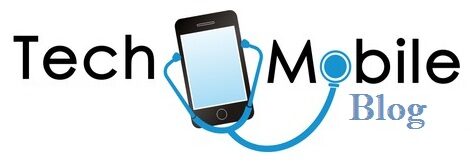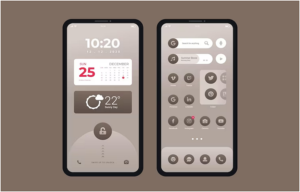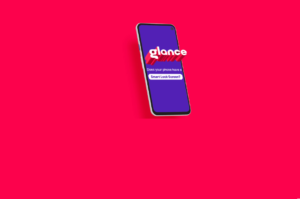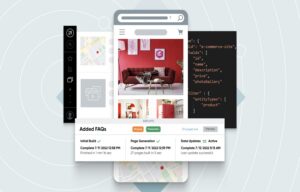Why Are Business Mobiles Often Cheaper Than Personal Plans?
4 min read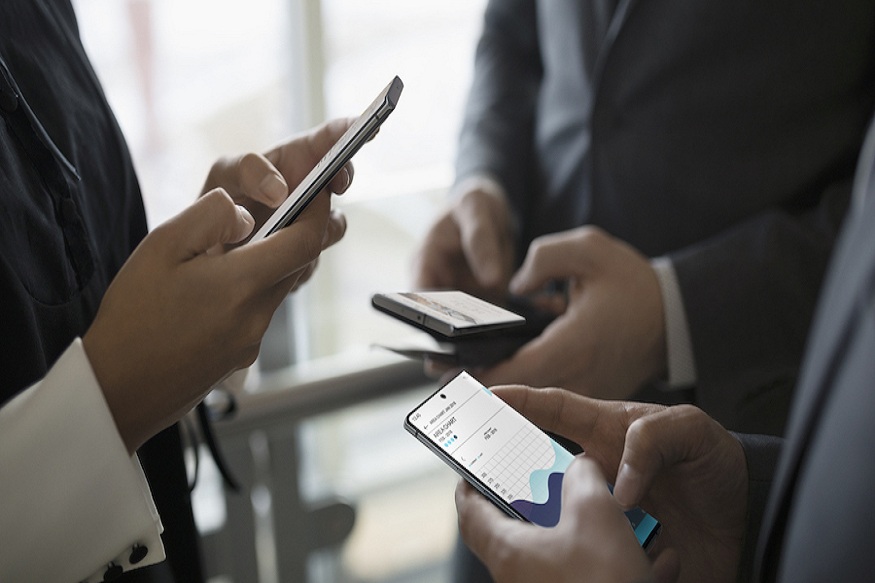
6117-09073541 © Masterfile Royalty-Free Model Release: Yes Property Release: Yes Close up business people texting with smart phones
When you are shopping for a mobile plan, you will often notice that business mobiles are cheaper than personal mobiles. If you want to save money, you may think about getting a business mobile.
But before making that decision, you need to figure out why business mobiles are cheap. Read on and let’s explore the reasons in detail.
Higher Data Allowances
One of the main reasons is that business plans tend to have higher data caps or even unlimited data. For personal use, most carriers offer plans with 2GB-10GB of data per month. But business plans often start at 10GB and go up to completely unlimited. This alone results in significant savings for businesses. Even if the base rate looks similar, the extra data allowance makes business plans better value for money.
More Predictable Usage
Personal phone use can fluctuate wildly month-to-month depending on vacation time, travel, special events, etc. But businesses tend to have steadier, more predictable mobile usage across their fleet of devices. This makes it easier for carriers to plan network capacity and offer discounts accordingly.
Longer Contracts
Consumer cell phone plans are often month-to-month, which allows flexibility to switch carriers. But business plans usually require a 1-2 year contract commitment. This benefits the carrier by locking in consistent revenue. And the longer commitment is rewarded with bigger discounts passed onto business customers.
Bundles and Bulk Discounts
While personal plans are usually one-off, businesses often sign up multiple lines across their workforce. This allows carriers to offer attractive bundled pricing, discounts for bulk lines, pooled data allowances, and more. The more phones a business has, the better deals they can leverage with carriers.
Negotiating Power
A business customer negotiating 20, 30 or more mobile lines has much more bargaining power compared to an individual consumer. Business managers can negotiate custom packages and discounts directly with carrier sales reps to meet their particular requirements. Personal consumers have little ability to negotiate pricing.
Enhanced Support
Business mobile packages usually come with enhanced support services – fast response times, special business support numbers, on-site assistance etc. Consumer plans rarely offer this level of premium service, which comes at a price.
Tax Treatment
Business mobile expenses are generally tax deductible, whereas personal mobile bills are not. This favorable tax treatment allows businesses to absorb and write off some of the cost, effectively reducing the net expense.
Redundancy Needs
With staff relying on mobile access for sales, logistics and productivity, downtime is costly for businesses. Most business plans include redundancy features like twin SIM slots, priority network access, WiFi failover etc. This backup connectivity comes at a premium price but is vital for some firms.
Brand Reputation
Consumer plans may suffer more easily from network congestion issues during peak periods.
Security Protections
Businesses handle more sensitive information by mobile device, so their plans require extra security like encryption, remote wipe capabilities, VPN tunneling and hardened devices. These enterprise-grade security features justify some premium pricing.
Prioritized Upgrades
Businesses often get first priority when carriers launch new networks, technologies or coverage expansions. Prompt upgrades are very important for maintaining business productivity.
International Roaming
Companies with international operations require cellular plans that include affordable roaming in foreign countries. Most personal plans still charge extravagant roaming fees outside the home country. Business plans are more global connectivity oriented.
Customer Lifetime Value
Even if the margins are smaller on business plans, the long-term revenues justify upfront discounts to land the corporate account. Individual consumers tend to switch carriers more often.
Equipment Subsidies
Large business accounts allow carriers to sell mobile devices in bulk at lower costs. These savings can be passed on via subsidies that reduce upfront equipment purchases for business customers. Because it happens at scale, carriers can offer steep device discounts. Personal plans rarely include equipment subsidies these days. Consumers mostly pay full retail pricing for their smartphones.
Brand Promotion
Landing a profitable enterprise-level customer serves as a prestigious trophy for carriers that they then use heavily in wider advertising and marketing promotions. Average consumer subscribers don’t offer the same branding benefits. Businesses thus hold more leverage to negotiate carrier deals.
Simplicity and Standardization
Large business accounts allow mobile carriers to provide more uniform service plans across a company’s fleet of devices. Instead of supporting countless customized consumer offerings, business accounts use streamlined, standardized plan structures company-wide. This simplifies provisioning and customer support for carriers.
With hundreds or thousands of employees on just a few shared plans, carriers can optimize operations in serving corporate subscribers. The overhead costs are lower despite offering bigger discounts. Supporting a wide range of consumer plans is more complex and costly for carriers, so they charge higher retail pricing.
Final Words
As you can see, the key reasons why business mobile phone packages frequently have lower pricing than equivalent personal plans boil down to four factors – higher and more predictable usage levels, longer contract commitments, lack of consumer taxes, and the sheer negotiating leverage of bulk corporate subscriptions. So next time you’re frustrated with the high costs of your personal mobile, just remember that businesses get the VIP treatment when it comes to cellular discounts!
